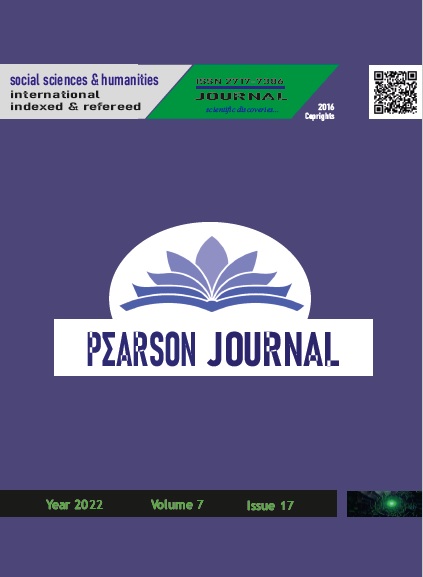THE EFFECT OF EMOTIONAL INTELLIGENCE ON LEADERSHIP ORIENTATION
DOI:
https://doi.org/10.46872/pj.419Keywords:
emotional intelligence, leadership orientation, teacher education, pre-service teachers, teacher leadershipAbstract
Purpose: Teachers have exceeded the traditional teaching role and are now recognized as leaders who initiate and administer institutional change and renovation, and guide students within and beyond the classroom. The successful execution of this new leadership role that teachers have assumed requires teachers to be raised as potential leaders prior to their professional lives. This, in turn, necessitates the determination of the components that influence prospective teachers’ leadership orientations along with a better understanding of the nature of leadership. The main purpose of this study is to determine the influence of emotional intelligence on leadership orientations of first year students of the Anadolu University Education Faculty. Research method: Relational screening model is used to determine the relation between leadership orientation and emotional intelligence. The target population of this relational screening model study consists of first year students (n=854) studying at the Education Faculty of Anadolu University. Data from over 476 (56%) questionnaires was analyzed. Descriptive statistics and structural equation modelling were used for data analysis. Findings: The findings indicated a middle level significant linear relationship (r=0.59; p<0.001) between leadership and emotional intelligence. Implications for Research and Practice: In accordance with these findings, it is suggested that to increase leadership in education, programs supporting the development of emotional intelligence should be incorporated into teacher education programs.




